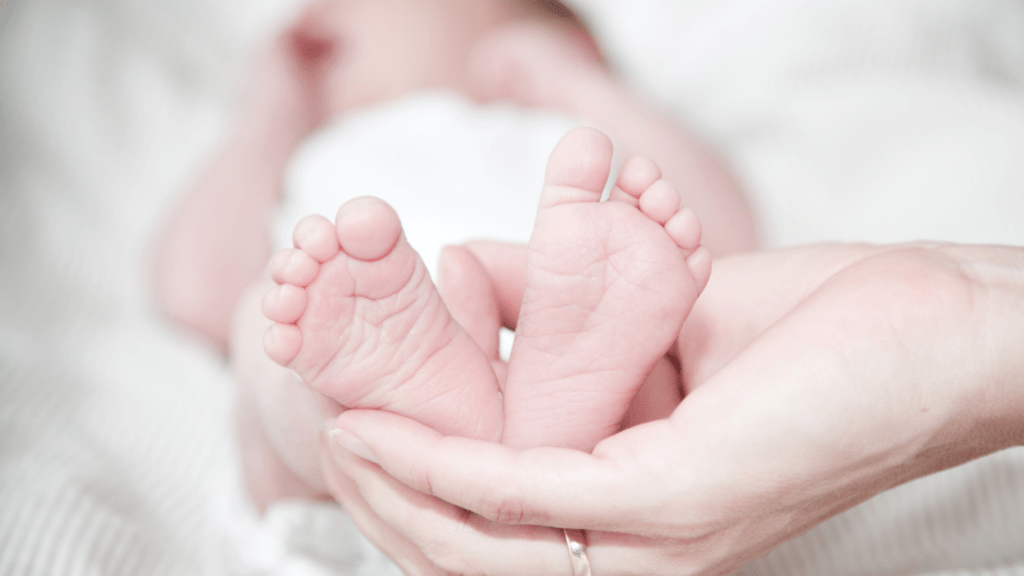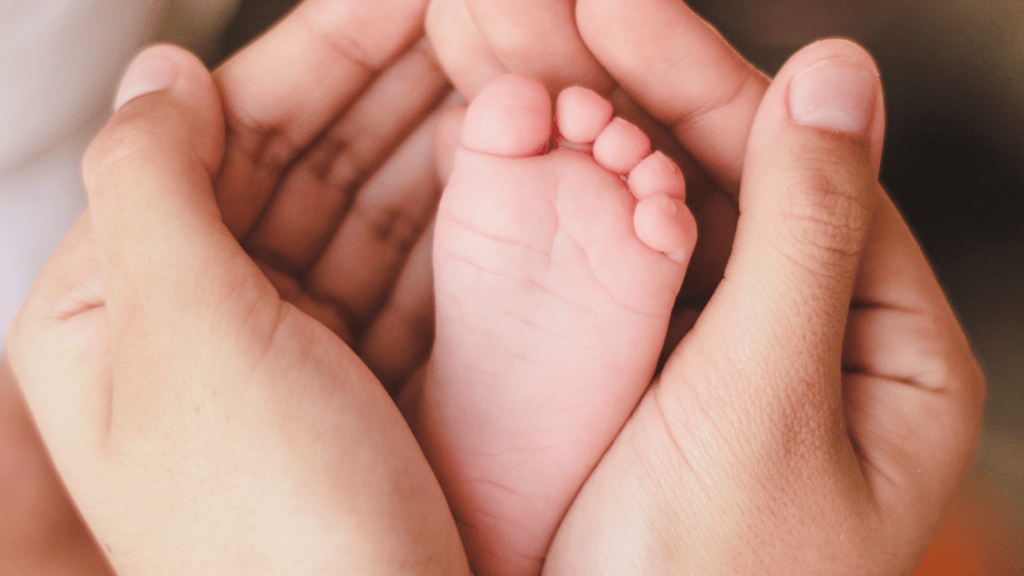Bringing a new life into the world is an incredible experience, but the journey doesn’t end with delivery. In fact, the postpartum period is a crucial time for healing and recovery. I remember feeling overwhelmed by the physical and emotional changes my body went through after giving birth.
Understanding what to expect can make all the difference in navigating this transformative phase. From managing pain to embracing new routines, post-birth recovery is about more than just physical healing. It’s about nurturing your body and mind as you adjust to motherhood.
In this article, I’ll share insights and tips that helped me along the way, empowering you to prioritize your well-being during this essential time.
Understanding Post-Birth Recovery
Post-birth recovery is crucial for new mothers, encompassing both physical healing and emotional adjustments. I recognize the complexity of these changes as they directly impact overall well-being during this period.
Physical Changes After Delivery
Physical changes post-delivery involve numerous transformations. Uterine contractions help the uterus return to its pre-pregnancy state, which can cause cramping. Vaginal swelling, bleeding, and soreness may occur, often referred to as lochia, lasting several weeks.
Breast changes, including engorgement and soreness, affect many women and can complicate breastfeeding. Time is necessary for the body to heal and adapt, so prioritizing rest, nutrition, and hydration plays an essential role in recovery.
Emotional Adjustments
Emotional adjustments after delivery can feel overwhelming. Hormonal fluctuations contribute to a range of feelings, from elation to anxiety. Many women face challenges such as baby blues or postpartum depression, affecting mood and bonding experiences.
It’s important to seek support from family, friends, or professionals if feelings of sadness or overwhelm persist. Engaging in self-care activities, like journaling or gentle exercise, contributes to emotional balance and recovery during this significant transition into motherhood.
The Healing Process
The healing process after delivery is crucial for new mothers. Recovery is more than just physical; it also involves emotional well-being and nurturing.
Immediate Recovery Steps
Managing immediate recovery steps plays a significant role in overall healing. Focus on the following actions:
- Resting: Prioritize sleep and downtime whenever possible. Fatigue can hinder recovery.
- Hydrating: Drink plenty of fluids. Proper hydration aids healing and supports breast milk production.
- Eating Nutritiously: Consume a balanced diet rich in vitamins and minerals. Foods with iron and protein help replenish lost nutrients.
- Monitoring Physical Changes: Observe your body for signs of infection. Look for symptoms like increased pain, fever, or unusual discharge.
Long-Term Recovery Considerations
Addressing long-term recovery considerations is essential for sustained well-being. Keep these aspects in mind:
- Seeking Support: Connect with healthcare professionals or support groups. Discuss any emotional struggles to mitigate feelings of isolation.
- Physical Activity: Gradually resume physical activity. Light exercises, when approved by a healthcare provider, improve mood and energy levels.
- Mental Health Awareness: Monitor mental health closely. Recognize changes in mood and seek help if persistent feelings of sadness or anxiety occur.
- Routine Check-Ups: Schedule follow-up appointments with healthcare providers. These visits ensure physical recovery progresses as expected.
Focusing on these immediate and long-term recovery steps fosters a smoother healing journey after childbirth and supports overall well-being during the postpartum period.
Self-Care Strategies
I prioritize self-care strategies to enhance healing during the postpartum period. These approaches support both physical recovery and emotional well-being.
Nutrition and Hydration
I focus on consuming a balanced diet rich in whole foods. Foods high in protein, fiber, and healthy fats promote healing and energy levels. I incorporate plenty of fruits, vegetables, whole grains, and lean proteins into my meals.
Staying hydrated is essential, so I drink at least 8 to 10 cups of water daily. This supports milk production for breastfeeding and helps reduce swelling.
Rest and Sleep Tips
I recognize the importance of rest during recovery. I create a calm sleep environment by keeping the room dark and quiet, which encourages better sleep quality. I seize opportunities to nap when my baby sleeps, even if it’s not for long periods.
I find it useful to ask for help with household tasks and baby care, allowing me to focus on rest and recovery.
Gentle Exercise and Movement
I engage in gentle exercises as part of my recovery. Simple movements, like walking or pelvic floor exercises, promote blood circulation and reduce discomfort. I listen to my body and avoid high-impact activities until my healthcare provider gives the green light.
This gradual approach helps me regain strength and improves my overall mood.
Seeking Support
Recovery after childbirth can be overwhelming, and reaching out for help is crucial. Both professional guidance and support from loved ones can significantly enhance healing.
Professional Help
Consulting healthcare providers is essential during postpartum recovery. Scheduling regular check-ups helps monitor physical healing and mental well-being. If experiencing persistent pain, unusual bleeding, or signs of infection, contacting a doctor promptly is vital.
Mental health support, whether through therapy, counseling, or medication, can address conditions like postpartum depression. Many healthcare facilities also offer lactation consultations to assist with breastfeeding challenges, ensuring both physical comfort and nutritional needs are met.
Community and Family Support
Engaging with family and friends creates a strong support system. Sharing feelings and challenges with loved ones fosters emotional healing. Asking for help with household tasks or childcare can relieve stress and provide valuable time for rest.
Community resources, such as new parent groups or support networks, offer opportunities to connect with others facing similar experiences. Many women find comfort in sharing stories and advice, which can help improve mental health and create lasting bonds.


 Maria Chavarria brought a creative heartbeat to Motherhood Tales Pro, helping define its voice and visual identity. Her background in content development and community engagement allowed the platform to resonate deeply with its audience. Maria played a key role in crafting messaging that speaks directly to mothers, amplifying stories and advice that make the brand both relatable and trusted.
Maria Chavarria brought a creative heartbeat to Motherhood Tales Pro, helping define its voice and visual identity. Her background in content development and community engagement allowed the platform to resonate deeply with its audience. Maria played a key role in crafting messaging that speaks directly to mothers, amplifying stories and advice that make the brand both relatable and trusted.